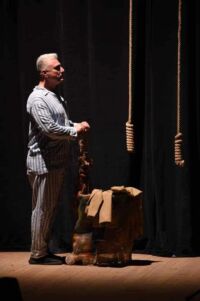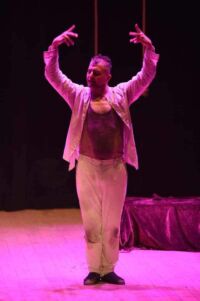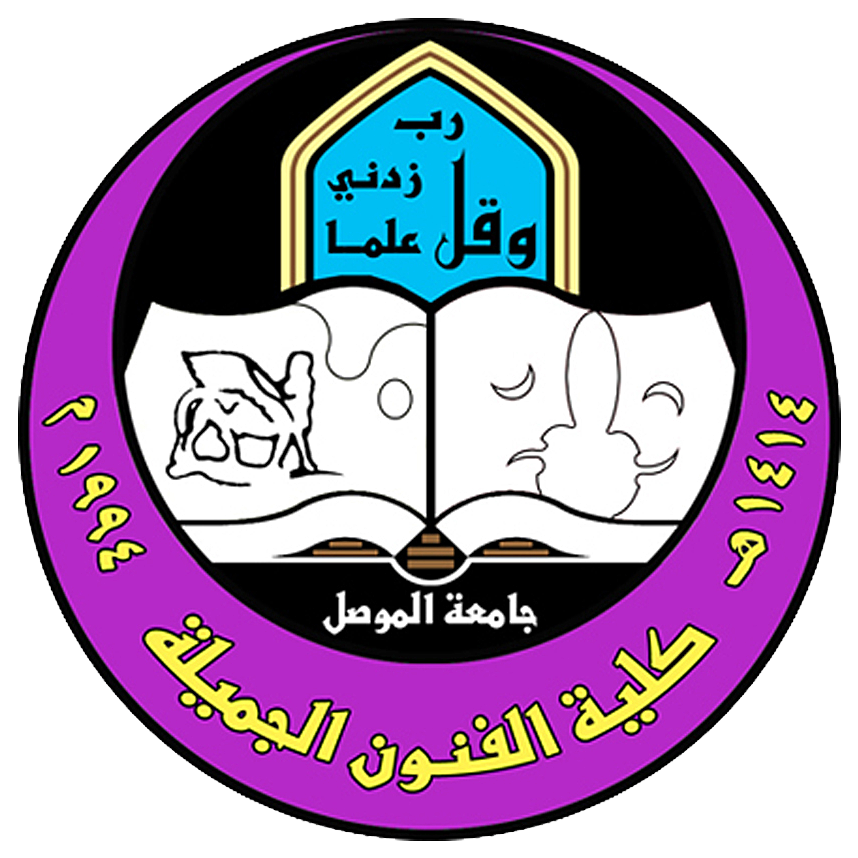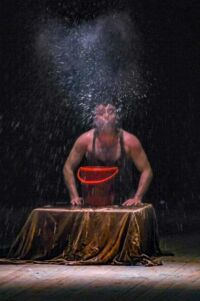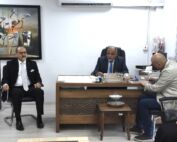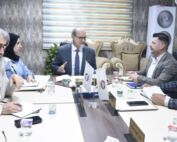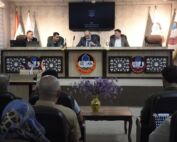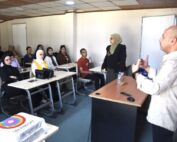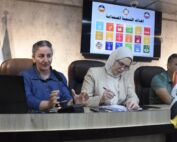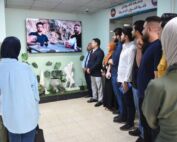16 December، 2024
The Iraqi performance (Wood Rituals) opens an international theater festival in the Arab Republic of Egypt.
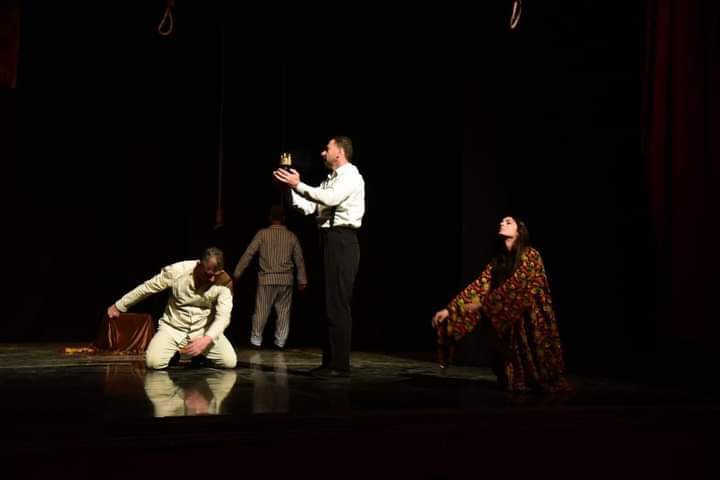
The Iraqi theatrical performance “The Rituals of Firewood” was inaugurated at the International Theater Festival for the Youth of the South in its eighth edition yesterday, Friday, March 1, 2024. The script was written by Iraqi playwright Ibrahim Kulan and directed by Dr. Nashat Mubarak Sliwa, the Dean of the College of Fine Arts at the University of Mosul, featuring performances by Shawqi Hikmat, Wissam Barbar, and Sadiq Salim Hanna.
The performance surprises us at the beginning with church ritual chants that welcome you, immediately transporting you psychologically and mentally to witness a traditional local work specific to this peaceful Iraqi city, with its folklore and rich Syriac heritage. However, this impression quickly dissipates and fades away with the opening of the play and its first scene, as the cast and its three actors take you to a theatrical presentation that carries the concerns of a nation from its far north to its far south. The author, Ibrahim Kulan, and the director, Nashat Mubarak, transcend local regionalism to national professionalism as a first step.
The story begins with a retired military officer (Shawqi Hikmat) who pushes his young son (Wisam Barbar) into the furnace of war and its flames, willing to sacrifice himself if necessary for it. This is met with the rejection of his older brother (Saddam Salem) to this irrational logic through a dialectical dialogue that extends throughout the play, addressing terms such as (war – duty – trust – sacrifice – loyalty – homeland). Soon, the two sides of the conflict are revealed: the center (Shawqi), who is stubborn in his extreme opinion and justifies it with (defending the homeland), versus the margin (Wisam – Saddam), the sons yearning to live in love and peace.
However, the tyrant (Shawqi) insists on persecuting the younger son and suppressing the opinions of the older son, obsessed with war and the devastation and suffering it brings. He is aided by the overwhelming rhetoric and his performative ability in the spiritual rituals that he employs at the beginning of his calls for endless wars. These spiritualities are utilized by the director of the work as a firm rejection of the marginalization of human reason and will in its religious diversity.
We should take pride in works that elevate Iraqi theater through the collaboration of two esteemed institutions (the University of Mosul and the Qaraqosh Theater) to present selected performances that illuminate the artistic scene in Nineveh Governorate in general, and the artistic scene in the city of Baghdida in particular.
Media Department, College of Fine Arts
